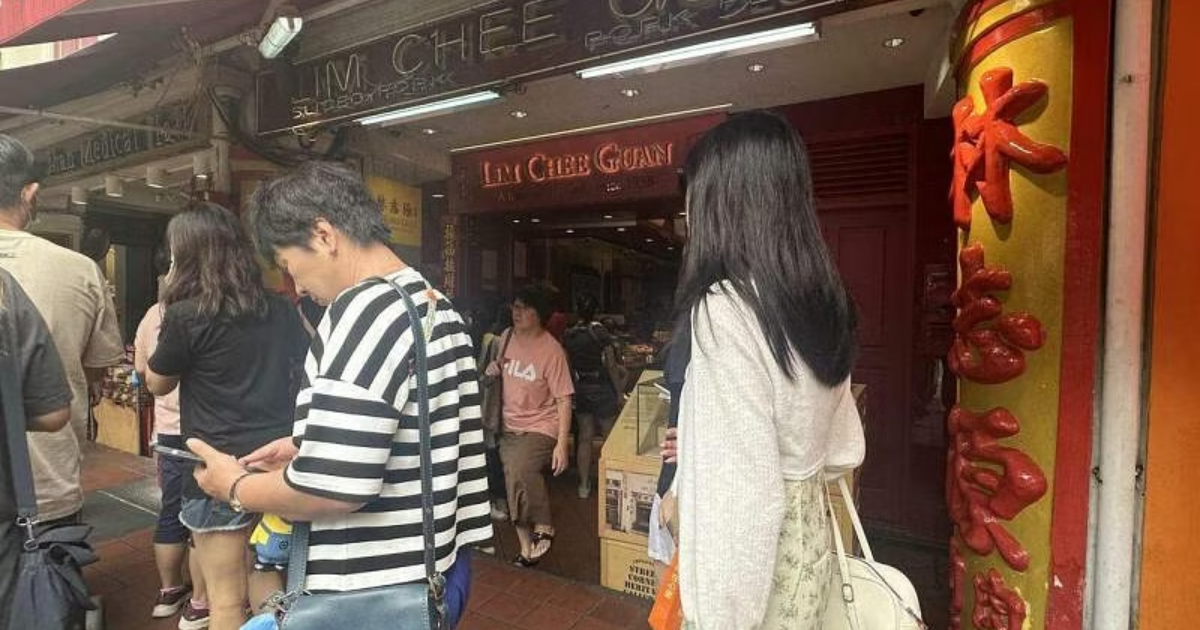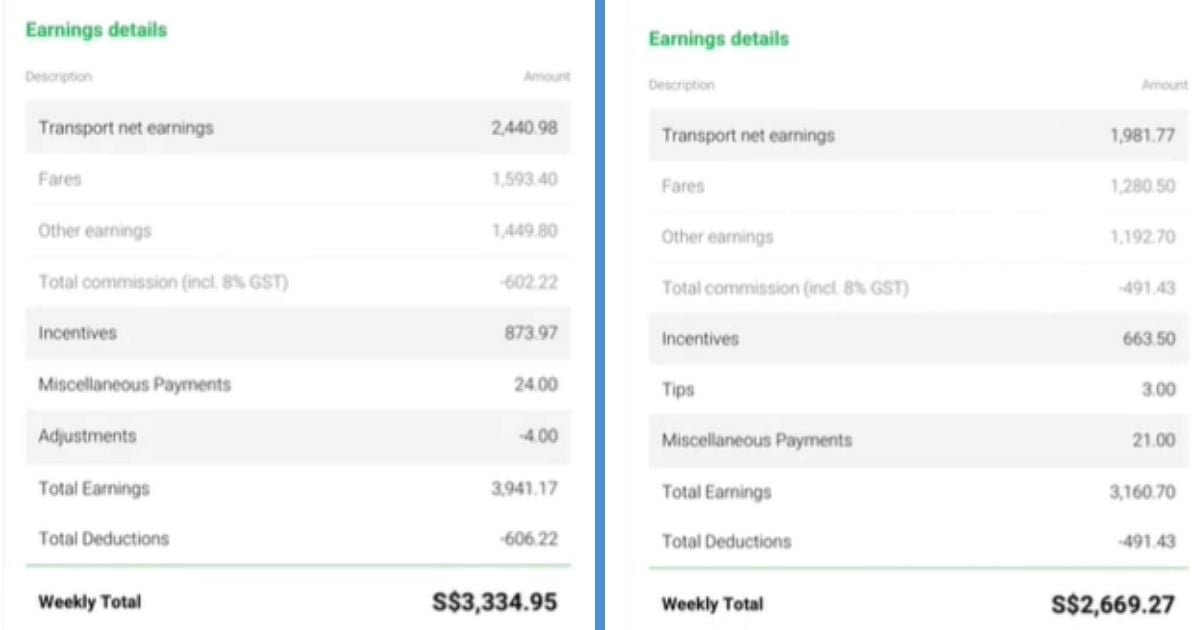With Chinese New Year (CNY) just around the corner, our focus on Ang Baos may need to extend to Bak Kwa as well.
Yes, you guessed it right. Bak Kwa prices have once again increased, and the culprit this time is the surge in labour and ingredient costs.
Escalating Costs Across the Board
Ever wondered what contributes to the making of Bak Kwa? According to a Bak Kwa stall owner’s revelation to Shin Min Daily News, everything required is now pricier.
The cost of pork, manpower, miscellaneous fees – you name it, and it’s higher up the price ladder.
Pork prices, for instance, soared in 2023 across major supplying countries.
Singapore, despite importing pork from over 20 nations, primarily relies on Brazil, the Netherlands, and Pulau Bulan near Batam. However, the detection of African swine fever last year disrupted this supply chain.
In Brazil, pork prices have surged by 65%, with a 40% increase in export volumes, according to Euromeat News. This global scenario explains the rising costs of pork and subsequently Bak Kwa in Singapore.
Moreover, the pork supply falls short, triggering the basic economic principle that scarcity leads to increased costs.
Costs on an Upward Trajectory
Even at the beginning of 2023, Bak Kwa prices witnessed a hike following the Goods and Services Tax (GST) increase from 7% to 8%.
GST is at 9% this year.
You and I: *Silence*
Raw materials, rental, and manpower expenses forced brands to bump their prices from $36 to $39 for a 500g pack of Bak Kwa.
But brace yourself; it seems the prices are only set to climb higher.
A 58-year-old self-employed individual, Kang Qianbao, interviewed by Shin Min Daily News while buying Bak Kwa in Chinatown, expressed optimism that Bak Kwa prices, made from pork with a limited freshness period, would soar closer to CNY.
This same prediction was echoed by Wang Weida, a spokesperson of the bak kwa brand Kim Joo Guan.
He highlighted the routine price adjustments during CNY, especially in the two weeks leading up to CNY to manage the increased costs during this period, in his sharing with Shin Min Daily News.
Raw materials, utilities, pork, sugar, and labour costs have all surged, but he assured that Kim Joo Guan strives to absorb costs for customer benefit.
Diverse Bak Kwa Brands
Prices for classic Bak Kwa from various brands have surged.
Lim Chee Guan’s signature Bak Kwa now costs $80 per kilogram, up by $2 from the previous year.
Fragrance’s signature sliced soft Bak Kwa is priced at $66 per kilogram, a jump from last year’s $62.
However, Fragrance currently offers a promotional discount, selling at $42 per kilogram.
Yes, I am noting this down too.
Bee Cheng Hiang’s traditional sliced Bak Kwa sees a 10% increase, priced at $72 per kilogram.
Notably, their high-end Bak Kwa, like the spicy classic, breaches $100, selling at $108 per kilogram.
Kim Hua Guan’s Bak Kwa mirrors Bee Cheng Hiang’s price hike. Kim Joo Guan’s top-grade black pork Bak Kwa has seen a $20 increase, from $196 to $216.
Lim Chee Guan’s spokesperson attributed this year’s price adjustment to slight increases in costs, primarily in labour and raw materials, in an interview with Shin Min Daily News.
Despite global pork supply challenges, Lim Chee Guan aims to absorb costs, preventing additional price hikes.
Wang Weida, in charge of Kim Joo Guan, stated they haven’t adjusted prices this year. Currently, 500g of jerky sells for $32, expected to rise to $35 from 20 Jan as part of the routine price hike before CNY.



